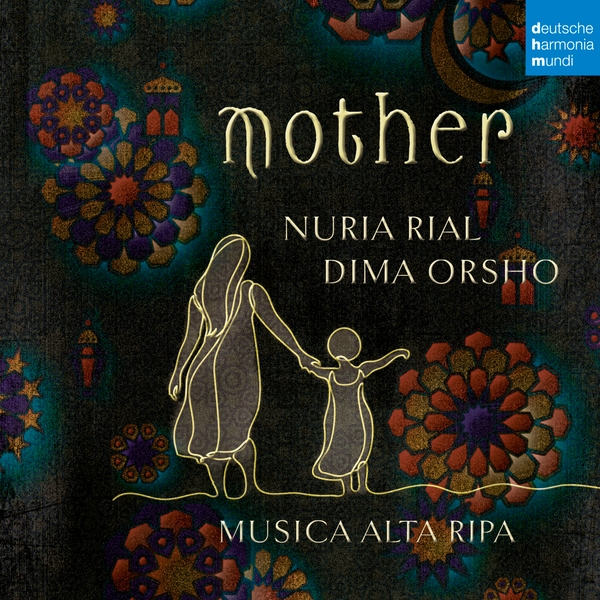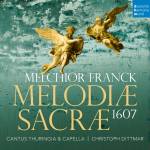Accessories |
My Account
|
Log In
|
English |
€ Euro |
Advanced Search
|
All Categories
BEST SELLER
500
NEW RELEASES
8.902
SPECIALS
225.707
Your search:
No selection
Filter results:
TECHNICS
267.375
GAMES/SOFTWARE
27.143
MUSIC
711.999
- Accordion
8
- Bassoon
19
- Brass
44
- Bugle
38
- Cello
287
- Clarinet
117
- Double Bass
17
- Early Instrum.
123
- Flute
220
- Guitar
98
- Harp
28
- Harpsichord
24
- Lute
18
- Mandolin
14
- Mixed Ensemble
69
- Oboe
53
- Organ
34
- Other
11.102
- Other Ensemble
194
- Percussion
11
- Piano
416
- Piano Quartet
25
- Piano Trio
147
- Recorder
53
- Saxophone
44
- String Ensemble
88
- String Quartet
394
- String Quintet
20
- String Trio
56
- Trombone
21
- Trumpet
53
- Tuba
3
- Viola
68
- Violin
531
- Wind Ensemble
45
- Woodwind
35
- octet
3
Other Classic
3.751
Symphonic Music
13.033
|
Music Movie Audiobooks Merchandise Children's |




















